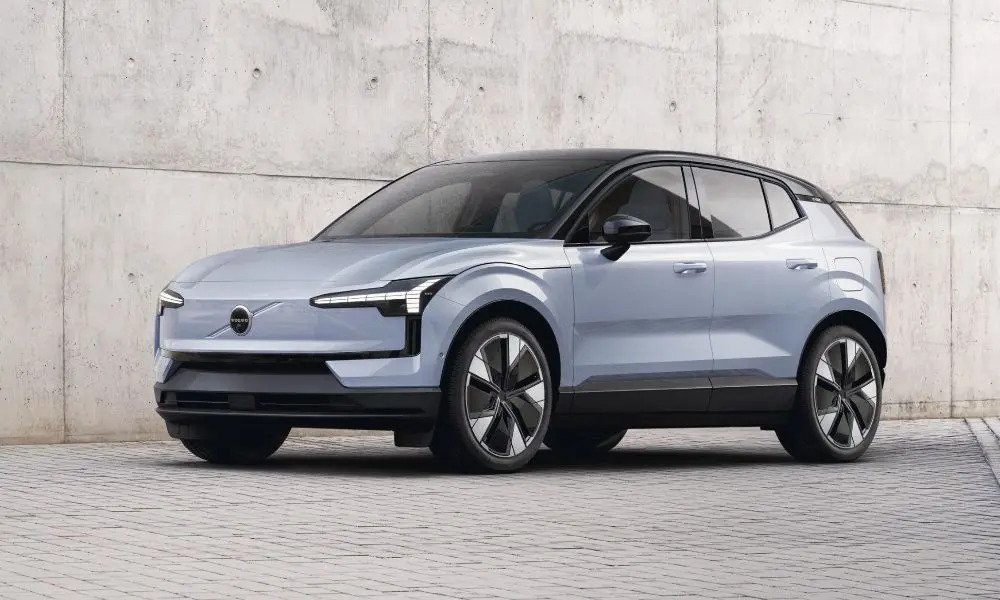MeriEV
December 18, 2024

Factors driving the surge in EV launches include a
SUVs, particularly in the premium and mid-segment categories, are projected to dominate future EV introductions. This is because SUVs are already quite popular in India, and electric versions provide an enticing balance of size, style, and usefulness. Several automakers, both domestic and international, are substantially investing in the development of electric SUVs to meet the growing demand for family-friendly, capacious, and feature-packed vehicles.
The Indian government’s continuous push for EV adoption, including incentives under the FAME (Faster Adoption and Manufacturing of Hybrid and Electric Vehicles) initiative, is expected to encourage automakers to speed up EV launches. In addition, initiatives such as tax cuts, subsidies, and the construction of EV infrastructure will make these vehicles more appealing to consumers, driving up demand for electric SUVs.
With high fuel prices in India and rising environmental concerns, more people are turning to electric vehicles as a cleaner and more cost-effective alternative. SUVs, long regarded as gas-guzzlers, are now being redesigned as ecologically friendly electric vehicles, making them more enticing to environmentally aware purchasers.
Advances in battery technology are also important in propelling this trend. Compared to previous EV models, electric SUVs now have a longer range, shorter charging periods, and improved performance. Electric SUVs are becoming increasingly realistic for lengthy journeys and regular commutes as high-capacity batteries become more widely available and a nationwide network of fast-charging stations expands.
In an effort to lower the cost of electric vehicles, numerous manufacturers are increasingly concentrating on localising production in India. Local production of vital parts like powertrains and batteries will lessen reliance on imports and lower the cost of EVs. Given that price sensitivity plays a big role in the Indian market, this will be particularly crucial.
Tata Motors: With models like the Tata Nexon EV, Tata is already leading the Indian electric vehicle industry. In 2025, more electric SUVs are anticipated to be introduced by Tata. The company’s aggressive EV strategy, which includes plans for electric sedans and SUVs, is in line with the rising demand for high-end EVs.
Mahindra & Mahindra: In 2025, Mahindra plans to introduce a new line of electric SUVs under the Mahindra Electric sub-brand. In order to meet the growing demand for strong and long-range electric SUVs, models such as the Mahindra XUV700 EV are anticipated to compete in both the mass-market and premium markets.
Hyundai: Hyundai, a significant player in India’s electric car market, is likely to introduce new electric SUVs to complement its existing offerings like the Hyundai Kona EV. The brand is expected to launch a new sub-compact SUV and possibly an electric version of its popular Creta model.
MG Motor: MG, another key player, will continue its push with electric SUVs like the MG ZS EV. The brand is also expected to launch a larger electric SUV in 2025, catering to a more premium segment.
International Automakers: Tesla is expected to continue its plans for entering the Indian market with electric vehicles, including the Model Y SUV. Other global automakers such as Volkswagen, BMW, and Audi are also likely to expand their EV portfolios with SUVs tailored for the Indian market.
Popular Segment in India: SUVs are becoming increasingly popular across all segments in India, particularly in the urban and suburban areas, due to their robust build, better road presence, and more comfortable ride for families. The SUV segment is traditionally the fastest-growing in the automotive market, and this trend is likely to continue as EV adoption picks up.
Better Performance and Range: Electric SUVs are often perceived as offering better performance and longer ranges compared to electric sedans or hatchbacks, especially in the Indian context where highways and varied terrain demand more robust vehicles.
Higher Profit Margins: Electric SUVs, being larger and more expensive, offer automakers a chance to capitalize on higher profit margins, especially in the growing premium EV segment.
Customization and Features: EVs, especially SUVs, offer a chance for manufacturers to pack in advanced technology and features like autonomous driving, AI-based infotainment systems, and better connectivity. This appeal to tech-savvy and premium customers in India is fueling demand.
The number of new EV launches is predicted to double in 2025, marking a significant shift in the Indian EV market. With a combination of power, range, and environmental friendliness, electric SUVs will lead this expansion. The adoption of EVs is anticipated to rise significantly in India as automakers step up their efforts and the government keeps enacting regulations that encourage them, possibly making EVs a popular alternative for Indian consumers.
The next few years will be crucial in determining India’s future as a hub for electric vehicles, as the trend toward electric mobility picks up speed.
@ Design Copyright MERIEV 2024.
Disclaimer: All the information available on the site are taken from open source repositories and websites. Any multimedia used are for information pupose only. Verify all the information before buying any EV.